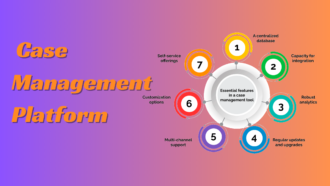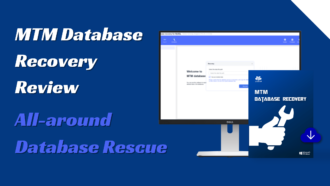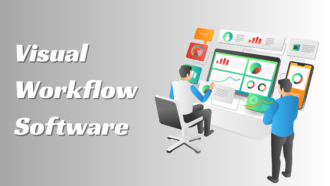The Benefits of Custom Education Software for Schools and Educational Institutions
Technology in education is one of the key factors in the field today. What’s the reason? It allows for streamlining some of the key processes related to learning. In this review, we’ll look at the ability of education software to enhance some aspects of learning, such as the smoothness of the process or its security. As you’ll see education software development is a process that makes great sense in the current conditions.
Top 5 Benefits of Custom Education Software for Schools
Customization for Specific Needs
The first major advantage of custom education software is the ability to personalize learning. Using these tools, schools can create programs that fully correspond to the needs of specific students. What do we mean by that? For example, a program called Anki enables users to adjust the learning of new words according to their skills. This means the teachers can ensure the adaptability of the learning process. Every person can get their own tasks, which correlate with their specific needs.
Improved Efficiency and Streamlining
Custom education software also remove many problems in the long-term efficiency of the relevant apps. What do we mean by that?
For example, it’s possible to outsource some common processes to the relevant apps. It’s no longer necessary to check some tests personally. A program can do this for you, for example. Streamlining the user experience is also among the key benefits of custom software. It’s possible to automate the provision of homework via the presented platforms, for example. Generally, the idea of custom education software is to make all the processes as comfortable as possible for the involved people.
Increased Student Engagement and Learning Outcomes
Modern custom software for education offers many functions that can improve the engagement of the students. Above all, we’d like to mention the framework of so-called gamification. You can create an RPG-like experience as in the case of the software such as Duolingo. Why is this so important? Heightened motivation can push more individuals to take their studies seriously. This, in turn, may end in improved learning outcomes. Many students who don’t like studying may like the opportunity to learn through competition-centric systems.
Enhanced Security and Privacy
A common problem of many non-custom education programs is that you don’t have access to their code. This means their privacy and security are fully in the hands of outsiders. With custom software, this problem is far from being acute: you can control every aspect of development and adopt the security technologies that maximize your well-being.
Scalability and Flexibility
When using non-custom software, you also run the risk of having no control over its capabilities. Your class may grow, requiring a different set of functions. Obviously, it’ll be impossible to develop them without the access to the relevant code. Custom software resolves this problem once and for all. You have full control over the relevant programs and can influence their development. This means that the long-term essence of the software is flexible and scalable.
Conclusion
All in all, the presented analysis shows that custom education software development has a large set of positives. They include customization, streamlining, security, and flexibility. Are you interested in developing your own product? In that case, a good idea is to address some professionals. One of the key companies in this regard is KeenEthics. Specialists there know how to assist you with the long-term development of education apps for your company.



















